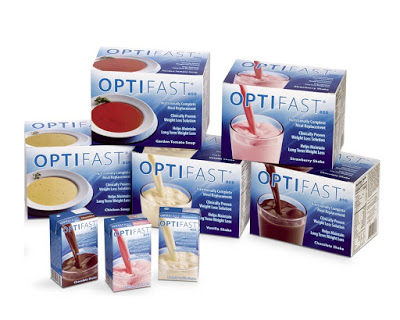Registration for the BEDA 2016 Annual Conference is now open! We invite you to join us October 27-29 at the Parc 55 Hotel in San Francisco. This year’s agenda is based on community and inclusion, supporting knowledge sharing and skill building for professionals and patients/caregivers. We’re using an intersectional and social justice frame to empower us all to: Better understand the biological and environmental factors that lead to an eating disorder Increase access to care and providing highly specialized, evidence-based treatment Provide multidisciplinary training to treatment providers Raise awareness, educate, and advocate Learn more about BEDA 2016 Individuals and organizations may access information about the event, reserve exhibit space, and register on the BEDA 2016 web pages. View the agenda Book your hotel room Apply for a scholarship Sign up …
Developments on the Flaky Fringe
Childhood Obesity News keeps track of some of the more improbable proposed causes of and cures for childhood obesity. Who knows? Some day one of them may prove to be the key that unlocks some secret to stopping the obesity epidemic. David Berreby explains the reason for denying that the diet plus exercise (thermodynamic) model has to be the only one. The human body’s fat metabolism is susceptible to other influences, including temperature. Fat burning can increase when a body is too hot or too cold. Light is another significant factor. A rat study resulted in weight gain among animals who were not allowed a dark night to sleep in, but showed no increase in the weight of their fellow subjects who received the same diet …
The Role of the Microbiome in Addiction
“Ultrasound Image of My Large Intestine” What is the role of the microbiome in addiction? Nobody knows for sure, but mounting evidence indicates that the gut plays a large part in the body’s reaction to addictive substances. The question is worth asking. Tens of thousands of bacterial species inhabit our intestinal tracts. They are being intensely investigated, and many discoveries suggest that these bugs can do a vast number of things. Sure, they help us digest food. Some of them regulate fat storage in the body. All of them have their preferences regarding nourishment and environment, and if they are displeased, they can make it known in ways that we find unpleasant. Metabolism, obesity, gene activity, food preferences, neural pathways, the brain—all of these phenomena are …
Could Accurate Front-of-Package Food Photos Help People Eat Less?
Yesterday there was an interesting study published in Public Health Nutrition. The study, “Frosting on the cake: pictures on food packaging bias serving size” explored four questions. 1. Do the calories of the foods pictured on fronts of packages exceed the calories stated on the package’s per serving nutrition label? Using cake mixes as an example the authors demonstrated that as pictured, with frosting, the slices of cake on the fronts of packages contained 134{7920e18cf5186565893a18d1f69fa52bf2806dc683a7bfcea51d671d2f7d8125} more calories than the serving size calories published on the packages’ nutritional facts panels. 2. Do people take extra ingredient calories into account when determining serving size? Cornell undergrads were provided with two types of cake mix boxes and asked to estimate the “appropriate” number of calories per serving of cake. One group of …
Why I’ll Never Prescribe a Very-Low-Energy Diet
A VLED is a “very low energy diet”, and it’s defined as one providing fewer than 800 calories per day. These programs are generally administered by physicians, are expensive, often take the form of meal replacement shakes, and usually last for around 12 weeks. Multiple meta-analyses on VLEDs have been conducted, and generally their findings haven’t been particularly exciting. Either they’ve concluded they aren’t worth prescribing, or they’ve concluded that there isn’t sufficient information for a conclusion. Well add another meta-analysis to the pile. This one, published in March in Obesity Reviews, had what I found to be a very odd conclusion, and I’ll get there in a bit. Ultimately the researchers findings were that when compared with a standard, and non-extreme, behavioural weight loss program, 3-5 …
double joints and anxiety
This research sparked a big response on a group I belong to and how so many of our children who have an eating disorder, are also double jointed and flexible.It may be something my readers also relate to and recognise in their children or themselves. It’s an interesting concept and one that further research would […]




